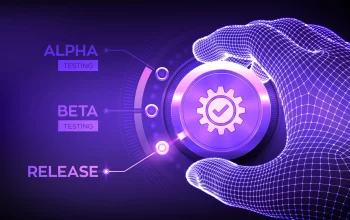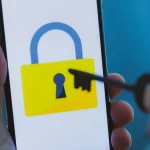Keeping the source code of your software confidential is one way to protect it against piracy. Copyright applies to a particular expression of an idea or invention, and software is protected from copying if you protect it using copyright. Copyright does not protect software itself, though; trade secrets are a separate type of intellectual property. Trade secret law is another option for protecting your software. It requires reasonable efforts to maintain secrecy.
While a software company has a stake in protecting its code, the non-literal parts of the product, such as the user interface, may be worth more than the actual code. Furthermore, “software” is a broad category encompassing system software, application software, frameworks, data, documentation, and the like. Hence, the term “software” can be used to describe a range of products that are not computer programs but contain code.
The software industry is built upon intellectual property rights. Those rights cover a variety of intangible items including software. Depending on the type of product, intellectual property law protects a piece of the ownership pie. Patents are a popular option for protecting software, but they can be difficult to obtain and are more expensive. This is why software developers should make use of copyright whenever possible. In most cases, intellectual property rights do not protect software itself, but they protect the technical ideas behind it.
To qualify for a patent, software must solve a computing problem in a novel way. Moreover, it must also focus on the technical underpinnings. While many developers discourage patenting software, others believe that patenting software will prevent further discoveries and innovations in computer ideas. For this reason, patentable software must be broken down into a series of steps and explain how the algorithm solves a real-world problem.
While many developers work together on a single software project, they should always be protected by an IP assignment agreement. This protects the company’s ideas. Similarly, a source code license gives the licensee a non-exclusive use of the software and allows them to modify it, but it can also compromise the confidentiality of the source code. Unless the licensee agrees to sign an IP assignment agreement, there is no way to protect your software.











